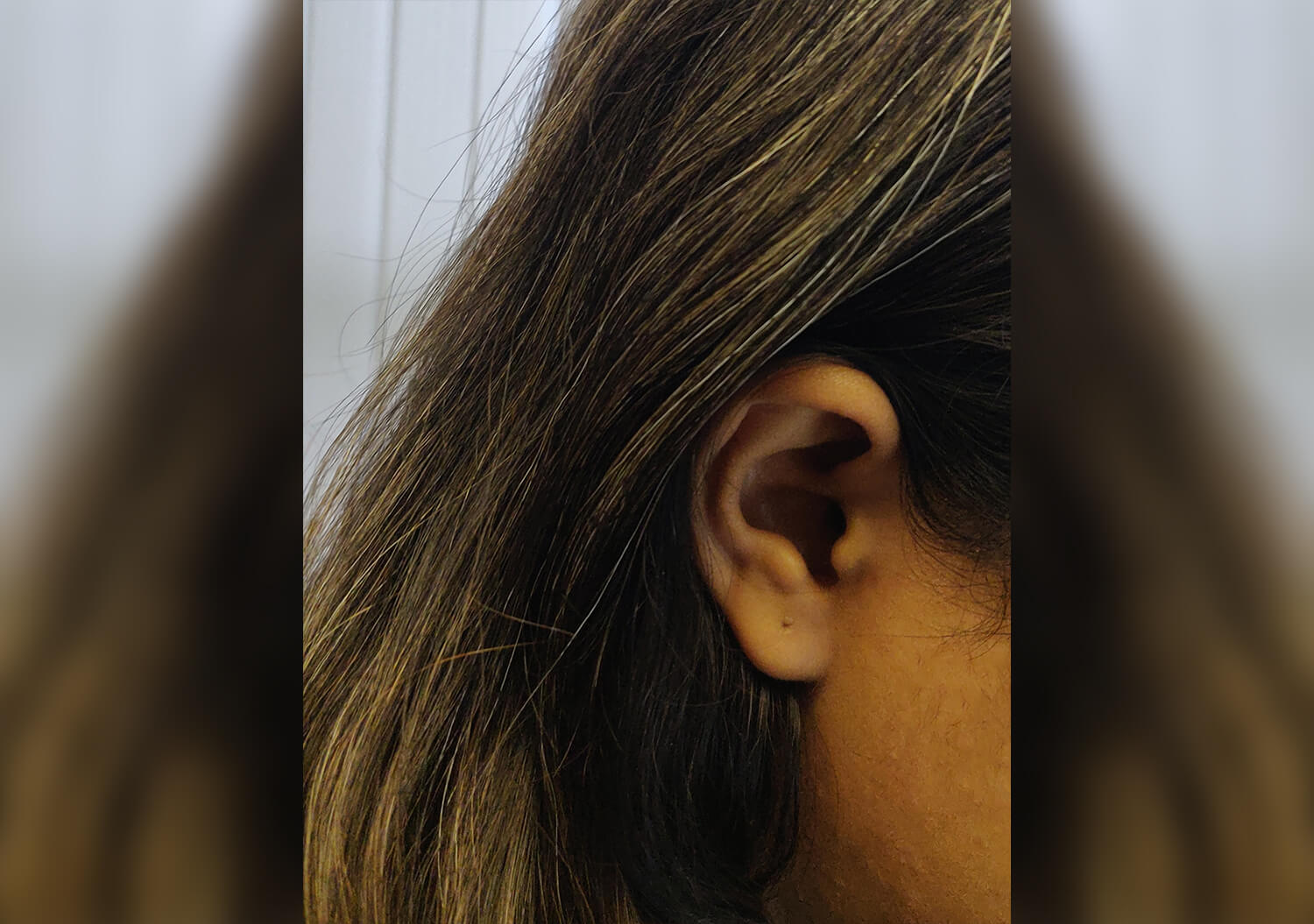According to a new study, ‘tickling’ the ear could potentially slow down ageing by rebalancing the nervous system for people above the age of 55. The study was conducted by scientists from the University of Leeds, UK and funded by the Dunhill Medical Trust, London, UK.
Scientists found that if this therapy was done daily for two weeks, it will lead to physiological and wellbeing improvements, including a better quality of life, mood and sleep.
The therapy is called transcutaneous vagus nerve stimulation (tVNS). In this, they deliver a small, painless electrical current to the ear, which sends signals to the body’s nervous system through the vagus nerve.
The study’s findings were published in the journal ‘Aging’, suggesting that the therapy will slow down the effects of ageing and will help people grow old more healthy, by recalibrating the body’s internal control system. This will protect people from chronic diseases associated with old age, such as high blood pressure, heart disease and atrial fibrillation.
The nervous system controls bodily processes like digestion and breathing. It has two branches, the sympathetic and parasympathetic that work alongside each other to keep the body healthy. In old age, the balance between them shifts, making sympathetic branch more dominant and susceptible to new diseases.
Previously, scientists found that the stimulation in the ear’s vagus nerve, makes people feel ticklish. This improves the balance of the nervous system in healthy 30 year-olds.
In this study, University of Leeds’s scientists wanted to see whether this therapy will work or not in people who were 55 years of age or above. They recruited 29 healthy volunteers who were aged 55 or above, giving each one of them, the therapy for 15 minutes every day for two weeks.
The therapy led to an increase in parasympathetic activity and a decrease in sympathetic activity, rebalancing the healthy function. In addition, some people showed improvements in their mental health and sleeping patterns. This proved that one can age healthily, it helps people with heart or mental health issues and lowers an individual’s risk of death.
The scientists are now hoping to conduct further studies. Now, the further studies will focus on understanding the long-term health effects of tVNS.










